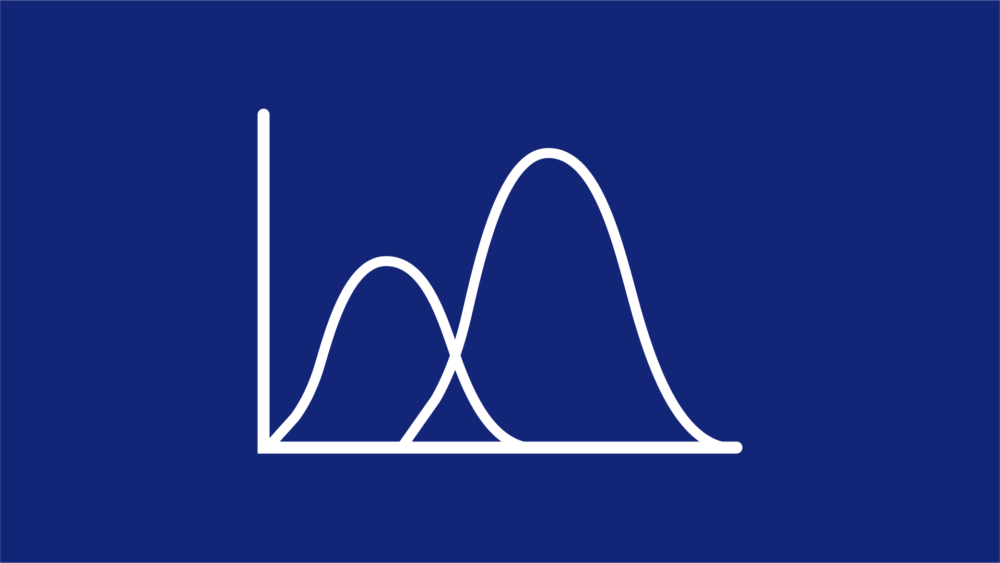Applications to Steels
Calculate the following based on your actual alloy chemistry:
Application Examples
Critical Temperatures and Phase Fractions in P91 Steels
P91 steels rely on a quench and temper microstructure to obtain good creep strength and toughness. If the A1 temperature is exceeded during tempering, then untempered martensite will remain after heat treatment, leading to poor toughness. Phase transformation temperatures can vary with chemistry and this can be calculated using Thermo-Calc.
This figure shows the equilibrium phases as a function of temperature for a nominal composition of P91, with A1, A3, liquidus, and solidus listed on the diagram.

A1 Temperature Distribution for P91 Base Metal and Weld Filler Metals
In the above example, the A1 temperature was calculated based on a nominal composition of P91. This temperature can vary with composition and can be different between the weld metal and base metal, but this is hard to capture for every possible heat of material without performing many experiments. With Thermo-Calc, you can calculate this across the entire composition space.
The histogram here shows the A1 temperature calculated for 200 compositions each that fall within the P91 base metal and two weld filler metal matching composition specifications. As can be seen, if the post weld heat treat temperature is selected according to the base metal compositions, the A1 temperature could be exceeded in the weld metal resulting in fresh martensite formation.

Martensite Content for 4130 Low Alloy Steel
Many low alloy steels, such as 4130, rely on a quench and temper microstructure to obtain desired mechanical properties. The martensite transformation start and finish temperatures can vary as a function of chemical composition. The Ms temperature can be easy to measure, but it is difficult to determine the martensite fractions as a function of temperature. This is important to determine if any retained austenite may be present. With Thermo-Calc, the martensite fraction can be calculated as a function of temperature for different compositions.
The diagram here shows the martensite fractions as a function of temperature for a 4130 steel with nominal chemistry and agrees well with the literature value of 380 °C (ASM Handbook Volume 1: Properties and Selection: Irons, Steels, and High-Performance Alloys, ASM Handbook Committee).

Learn more about Applications to Steels
Calphad-assisted design of high strength – ductility martensitic stainless-steels with reverted austenite
Thermo-Calc Modelling of as-cast Features and Its Influence on Final Mechanical Properties
Read several in-depth examples showing how Thermo-Calc can be used to improve steels and steel processing
The importance of steel chemistry and thermal history on the sensitization behavior in austenitic stainless steels: Experimental and modeling assessment
Challenges and opportunities in thermodynamic and kinetic modeling microalloyed HSLA steels using computational thermodynamics
Retention of Delta Ferrite in the Heat-Affected Zone of Grade 91 Steel Dissimilar Metal Welds
Continuous Casting of High Carbon Steel: How Does Hard Cooling Influence Solidification, Micro – and Macro Segregation?





